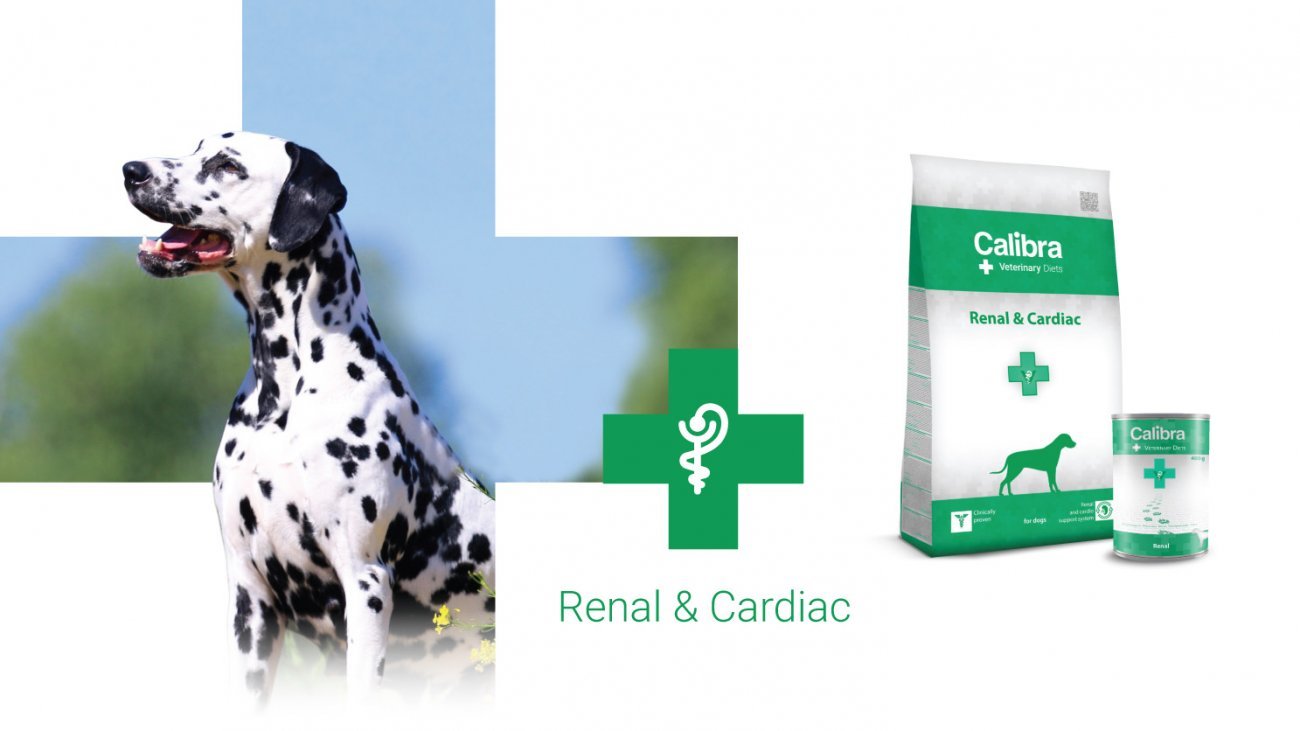VD Renal & Cardiac for dogs
14. September, 2021
Kidney failure and heart disease not only threaten older dogs, but also occur in
young individuals. Whether it is an acute or chronic illness, using the right
treatment and the right food is a key tool to improve the quality and prolong
the life of your four-legged friend.
Chronic Kidney Disease (CKD) is one of the most common causes of death in dogs
Over the course of a dog’s life, it causes repeated and usually unnoticed attacks on the kidneys. These attacks are generally caused by various infections, toxins, or poor perfusion of the kidneys as a result of circulatory disorders.
After a more extended period, despite the influence of corrective healing processes, healthy kidney tissue is damaged. Once around 75% of the healthy kidney tissue is lost, the kidneys are no longer able to function normally and reach the stage of renal failure.
CKD often goes unnoticed!
Chronic kidney disease can have a variety of causes:
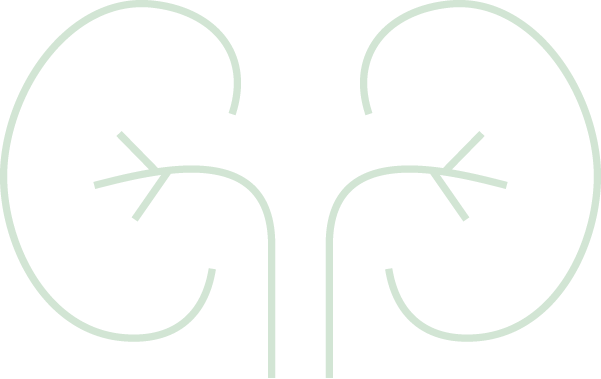 Infection
Infection- Immune mediated
- Congenital/genetic defects
- Tumor
CKD is generally symptom-free. The slow processes of damaging and the subsequent healing of kidney tissue generally do not cause any pain. It is only later, once the kidneys cease to function and toxic metabolic waste (uremic toxins) begins to accumulate in the body, that symptoms begin to appear.

What is the aim of therapeutic measures for CKD?
The cornerstone of the treatment of chronic kidney disease is the deployment of a renoprotective diet.
Once the veterinarian has diagnosed chronic kidney disease, it is generally impossible to return the kidneys to their original state. For this reason, treatment of this disease must focus primarily on slowing or stopping (if possible) the processes leading to the end stage.
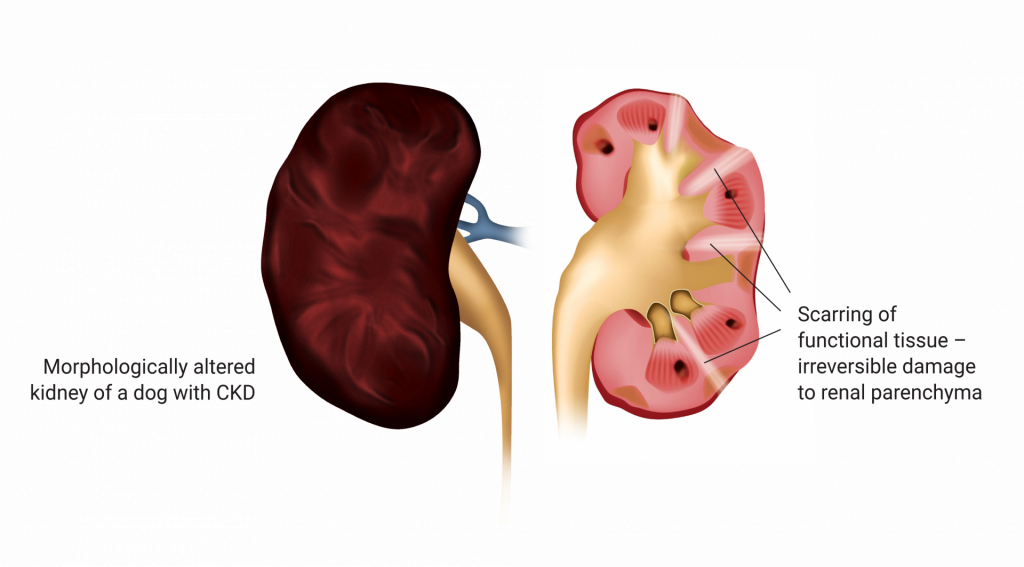
Slowing is primarily achieved by:
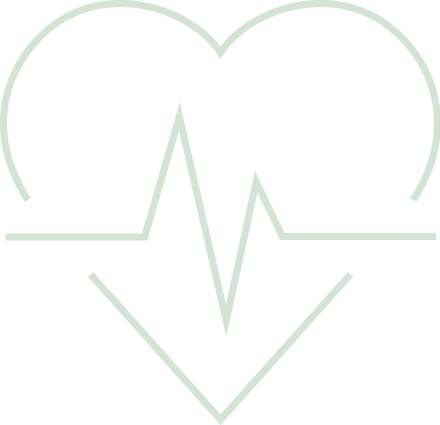 Reducing inflammatory processes in the kidneys
Reducing inflammatory processes in the kidneys- Reducing the phosphorus in the diet
- Slightly reducing protein in the food
- Lowering blood pressure
- Improving circulation in the kidneys
What are the warning signs of CKD?

The most common symptom of CKD is overall increased water intakewith a corresponding increase in urine volume.
This can lead to accidents at home, as the usual interval between walks is no longer sufficient, and the dog is unable to hold the increased urine volume.
As the disease progresses, symptoms such as reduced food intake, occasional vomiting, weight loss, and reduced coat quality may appear.
In the late stages of kidney failure, the dog can become chronically dehydrated, vomiting becomes more frequent, and they may have diarrhea, as well as a strong odor from the mouth.
Because none of these symptoms are specific to CKD only, if the dog displays any of the above, a visit to the vet is strongly advised.
Influence of diet on course of CKD
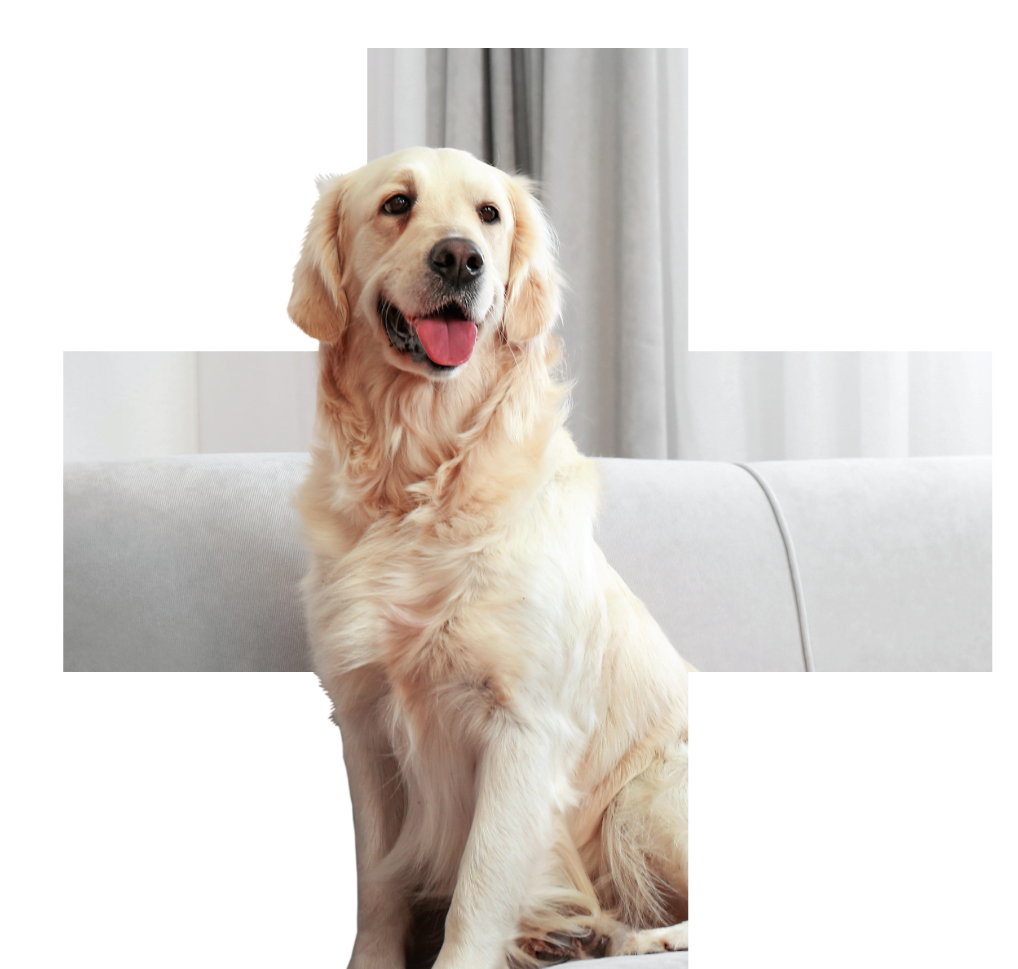 Renoprotective diets have shown to be able to help prolong the lives of dogs with kidney longer together with us disease. Such diets can help reduce kidney overload and slow the progress of the disease. They also reduce the burden of uremic toxins, resulting in less-pronounced uremic crises that begin much later in patients on the diet. In this way, the diet can help improve kidney function.
Renoprotective diets have shown to be able to help prolong the lives of dogs with kidney longer together with us disease. Such diets can help reduce kidney overload and slow the progress of the disease. They also reduce the burden of uremic toxins, resulting in less-pronounced uremic crises that begin much later in patients on the diet. In this way, the diet can help improve kidney function.
In addition to renoprotective diets, other dietary supplements have been shown to have positive effects on kidney disease by complementing the diet or increasing the effect of substances
already contained in the diet.
These include various antioxidants and phosphorus-binding agents, and finally, Omega-3 unsaturated fatty acids.
How Calibra Renal & Cardiac veterinary diet can help your dog?
Veterinary diet Renal & Cardiac helps:
- Support kidney function in case of chronic or acute renal insufficiencies or kidney failure (CKD – chronic kidney disease)
- Support cardiac function in case of chronic cardiac insufficiencies
- Slow the onset of irreversible changes to the kidneys
- During treatment for hypertension
Recipe contributes to:
- Protecting the functional parts of kidney cells
- Reducing the number and frequency of uremic crises
- Prolonging the life of the dog and improving quality of life
- Supporting the functions of both kidney tissue and the cardiovascular system
With its ideal composition comprising:
- A high quality (easily-digestible) source of protein: eggs
- Low sodium and phosphorus content
- Optimum concentration of potassium
- High content of arginine (improves blood circulation), taurine (supports the heart muscle), vitamins and antioxidants (polyphenols and flavonoids from green tea and turmeric), Omega 3 (from salmon oil and seaweed)
In renal diseases, it is extremely important to ensure that the dog has continuous access to fresh water, a calm
environment, and to avoid significant physical stresses on days when the temperature is extremely high or low.
It is also advisable to consult a veterinarian before administering any veterinary diet or medications.
